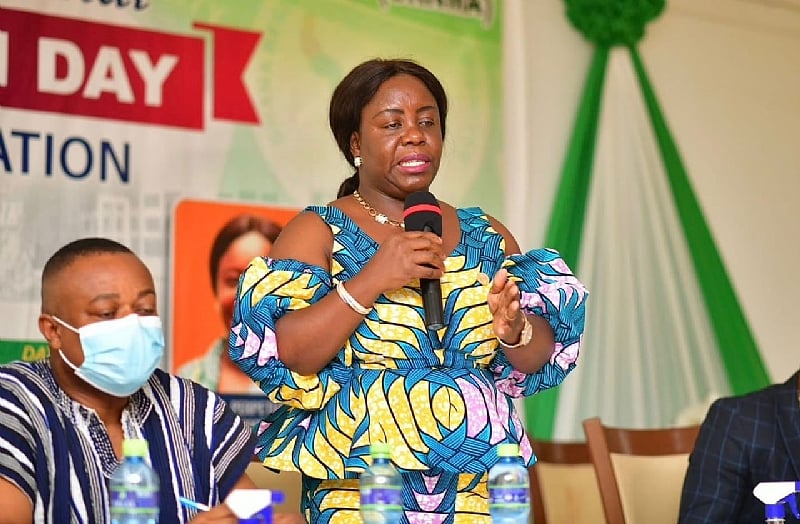The Ghana Registered Nurses and Midwives Association (GRNMA), a vital pillar of Ghana’s healthcare system, recently suspended its nationwide strike after reaching a consensus with the Parliamentary Select Committee on Health. The strike, initiated on June 9, 2024, stemmed from the government’s failure to implement a collective agreement signed with the GRNMA in May 2024. This agreement encompassed critical aspects of nurses’ and midwives’ welfare, including fair compensation, improved working conditions, and adequate resources to provide quality healthcare. The GRNMA’s decision to suspend the strike reflects its commitment to patient care and its willingness to engage in constructive dialogue to resolve the impasse with the government.
The GRNMA’s president, Perpetual Ofori-Ampofo, emphasized the interconnectedness of healthcare professionals’ well-being and their ability to provide effective patient care. She articulated that nurses and midwives, despite their dedication to their profession, cannot adequately care for patients if their own welfare is neglected by the system. This underscores the importance of addressing the concerns of healthcare workers to ensure the overall effectiveness and sustainability of the healthcare system. Ofori-Ampofo lamented the spread of misinformation, disinformation, and propaganda that sought to misrepresent the GRNMA’s motives during the strike. She stressed that the GRNMA’s primary objective was to ensure a conducive working environment for its members, enabling them to deliver quality healthcare services to the Ghanaian population.
The GRNMA’s decision to engage in industrial action was not taken lightly. It followed a series of attempts to engage with the government and address their concerns through established channels. The association’s leadership expressed disappointment that matters affecting their members, despite being formally brought to the attention of the employer, were not treated with the urgency and good faith they deserved. The strike was a last resort, aimed at compelling the government to fulfill its obligations under the signed collective agreement. The agreement outlines various provisions designed to enhance the working conditions of nurses and midwives, including fair wages, improved working environments, and access to necessary resources and training.
The suspension of the strike signifies a positive step towards resolving the issues at hand. The GRNMA’s engagement with the Parliamentary Select Committee on Health resulted in fruitful discussions and a commitment to address the concerns raised by the association. This demonstrates the importance of dialogue and collaboration in resolving disputes and ensuring the smooth functioning of essential services. The GRNMA’s willingness to suspend the strike following these discussions highlights their dedication to finding a resolution that benefits both healthcare workers and the patients they serve. The association reiterated its commitment to ensuring that its members receive the support and resources they need to provide quality care to all Ghanaians.
The GRNMA faced significant challenges during the strike, including a wave of misinformation and attempts to politicize their actions. Ofori-Ampofo clarified that the GRNMA is a professional body, not affiliated with any political party, and its actions are solely driven by the interests of its members and the healthcare profession. This underscores the importance of separating professional advocacy from political agendas and maintaining a focus on the core issues at hand. The GRNMA’s steadfast commitment to its professional mandate emphasizes its role as a non-partisan advocate for healthcare workers and quality patient care.
The GRNMA’s strike and subsequent suspension offer crucial lessons regarding the importance of valuing and supporting healthcare workers. Their well-being is inextricably linked to the quality of healthcare services available to the population. The government’s commitment to implementing the collective agreement is essential to ensuring a motivated and well-equipped healthcare workforce capable of meeting the healthcare needs of the nation. The GRNMA’s experience demonstrates the power of collective action and the importance of open communication in advocating for better working conditions and ensuring quality healthcare for all.


